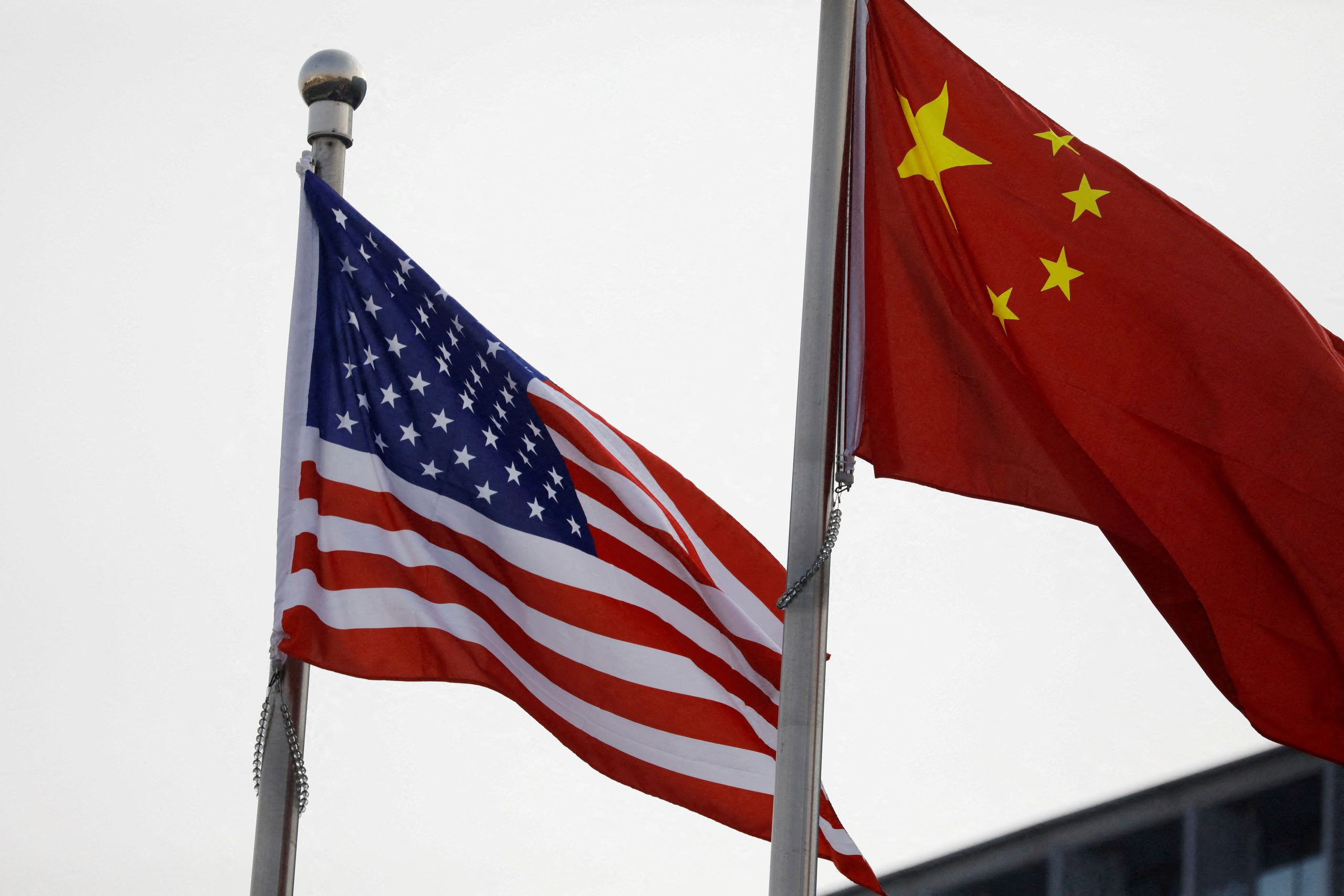
Chris Lange, FISM News
[elfsight_social_share_buttons id=”1″]
The Biden administration is considering lifting some Trump-imposed tariffs on Chinese goods in an effort to mitigate record-high inflation in the U.S.
Commerce Secretary Gina Raimondo, who once praised the tariffs as being “very effective,” confirmed to CNN Sunday that President Biden has asked her team to explore the issue.
“We are looking at it. In fact, the president has asked us on his team to analyze that. And so we are in the process of doing that for him and he will have to make that decision,” Raimondo told CNN’s Jake Tapper.
The potential move reflects the administration’s frantic search for ways to lower costs for Americans ahead of November’s midterms as inflation persists at a 40-year high with no end in sight. The tariffs, imposed during Trump’s bitter trade war with China, targeted hundreds of billions of dollars’ worth of household goods.
Last month, the National Retail Federation (NRF) urged President Biden to reduce or eliminate tariffs on Chinese goods as a way to address inflation.
The lobbying group, which represents thousands of American retailers like Walmart and Target, claimed that lifting tariffs on Chinese goods could cut U.S. consumer prices by up to 1.3%.
“Consumers and businesses continue to feel the pain of higher prices across the board from everyday goods and services to rent and groceries and gas,” NRF President Matthew Shay wrote in a letter to Biden. “Removing the harmful China 301 tariff will alleviate some of the inflationary pressure on the U.S. economy.”
U.S. Trade Representative Katherine Tai, however, dismissed the findings as “something between fiction or an interesting academic exercise” and called for the administration to view the tariffs through a “strategic lens,” according to a Reuters report. Tai has defended China tariffs as a means of combating what the U.S. sees as unfair trade practices.
Tai’s remarks, however, contrasted sharply with those of Treasury Secretary Janet Yellen, who told reporters at the same time that the tariffs “impose more harm on consumers and businesses” and “aren’t very strategic in the sense of addressing real issues” with China.
Biden last week touted his May 10 three-point plan to combat inflation, which includes giving more control to the Federal Reserve, lowering the federal deficit, and releasing more global oil reserves. Members of his own party, not to mention Republicans, criticized the administration for failing to come up with any new solutions.
“I support the president’s efforts, but we need a bolder vision and faster action,” Rep. Ro Khanna (D-Calif.) wrote Thursday in a New York Times op-ed. “To meet the moment, Mr. Biden should convene an emergency task force empowered to lower prices and address shortages. We need an all-out mobilization, not just a few ad hoc initiatives reacting to headlines.”
Consumer prices rose 8.3% over the past 12 months ending in April, according to Labor Department data, with the price of gas, food, automobiles, and other products skyrocketing. The Congressional Budget Office (CBO) reported last month that inflation will continue to negatively impact American families into 2023.
The Biden administration repeatedly insisted last year that inflation would be “transitory.” Last week, however, Treasury Secretary Janet Yellen admitted that the prediction had been “wrong.”
